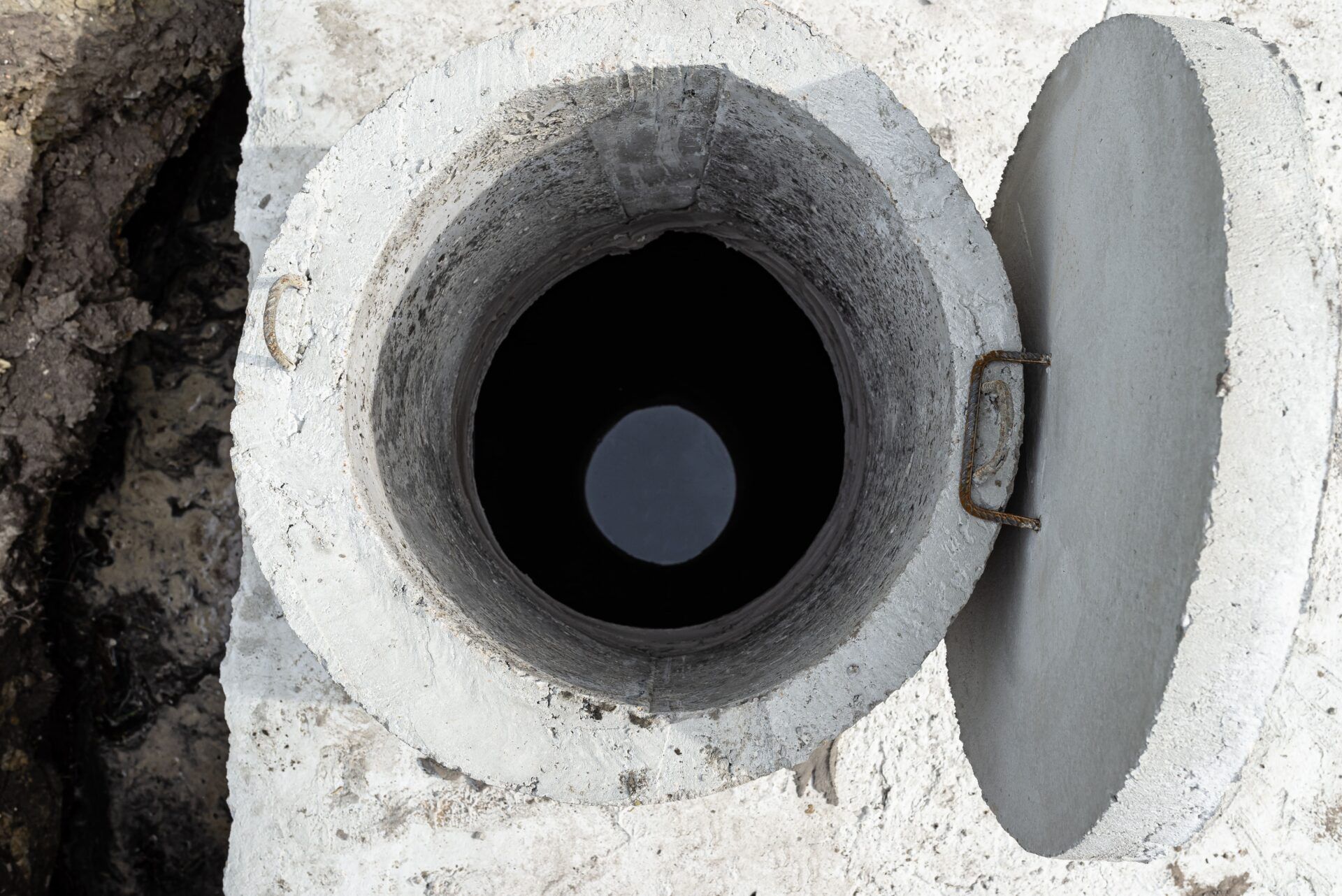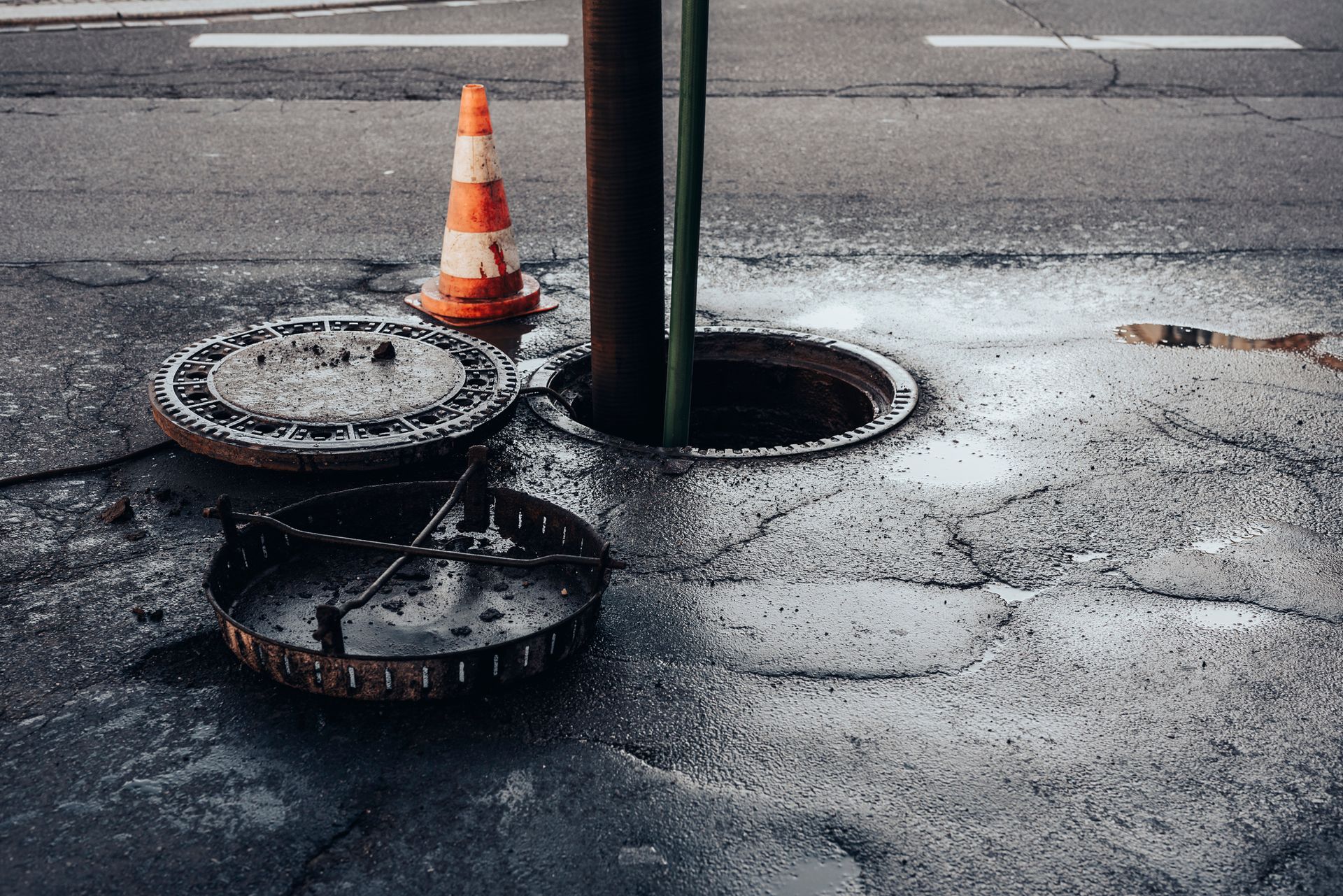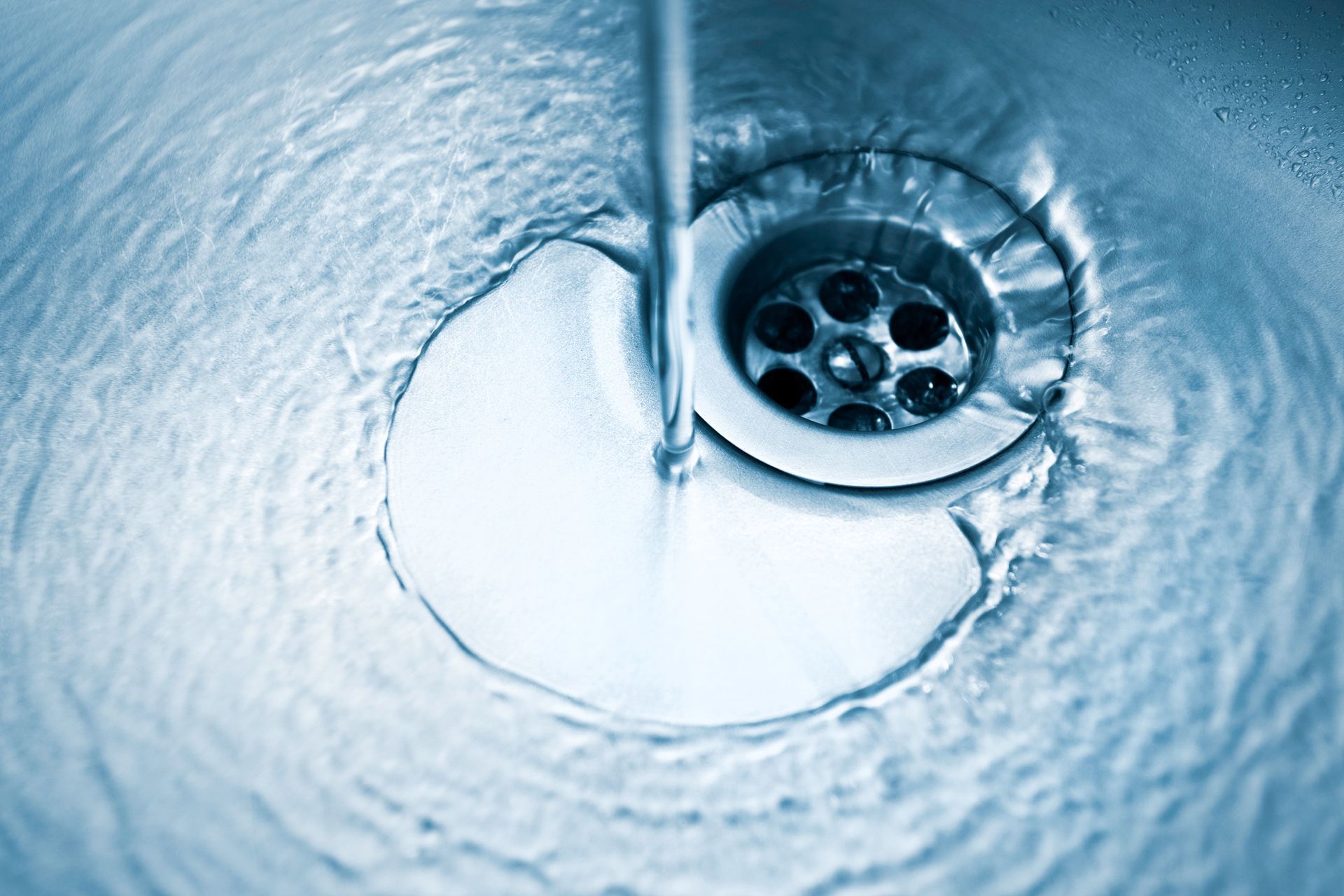How To Break Down Solids & Sludge in Your Septic Tank

Your septic tank may not be the most aesthetically pleasing element of your home, but it plays a critical role in managing wastewater. Septic systems rely on natural processes that break down solids and sludge for their operation to take place effectively. If you neglect this aspect, you could encounter a host of issues, including backups, foul odors, and costly repairs. In this comprehensive guide, we’ll explore how to break down solids in your septic tank and dissolve sludge effectively to keep your system running smoothly.
The Importance of Maintaining Your Septic Tank
Septic tanks are responsible for treating and disposing of the wastewater generated in your home. They work silently underground, breaking down organic matter and separating solids from liquids. When these solids accumulate, or sludge builds up, it can lead to a range of problems:
Blockages and Backups
Excessive solids can clog the pipes and create blockages, causing sewage to back up into your home. This is not only inconvenient but also unsanitary.
Odor Issues
When sludge and solids break down inadequately, it can result in unpleasant odors emanating from your septic tank. These odors can be a nuisance and an embarrassment.
Costly Repairs
Ignoring septic tank maintenance can lead to costly repairs or even tank replacement. Preventive measures are far more economical than dealing with a failing system.
How to Break Down Solids in Your Septic Tank
Maintaining a healthy septic system involves helping nature break down solids efficiently. You can either hire a septic system professional for regular maintenance or follow the DIY guide to avoid septic tank issues. Here are some substances and practices that can aid in this process:
Avoid Harsh Chemicals
The use of harsh chemicals in your household can disrupt the septic system’s natural processes. These chemicals kill the beneficial bacteria in your tank, making it harder to break down solids. Opt for biodegradable and septic-safe cleaning products.
Regular Maintenance of Your Drainfield
A healthy drainfield is essential for the overall functionality of your septic system. Regularly inspect and maintain it to ensure wastewater is properly distributed and treated.
Water Conservation
Using excessive water can overload your septic system, making it harder for the tank to break down solids. Be mindful of your water usage, and consider fixing any leaks promptly to avoid water wastage.
Use of Bacteria Additives
If you have a question about how to break down solids in your septic tank; bacteria additive is the answer. These are available commercially and can introduce beneficial bacteria into your tank. These bacteria help break down solids and sludge more efficiently. Look for products labeled as “septic tank treatments” or “enzyme-based additives.”
How to Dissolve Sludge in Your Septic Tank
Dissolving sludge in your septic tank is a bit more complex than preventing solids from accumulating. Sludge is the thick layer of partially decomposed organic matter that forms at the bottom of the tank. It’s essential to address sludge buildup to prevent it from causing issues.
Professional Pumping
The most effective way to dissolve sludge is by having your septic tank professionally pumped. Pumping removes both solids and sludge, giving your system a fresh start. A well-maintained tank with a healthy balance of bacteria can help prevent sludge buildup.
Regular Agitation
Some septic tank owners opt to install agitators or mixers in their tanks. These devices periodically stir the contents of the tank, preventing sludge from settling at the bottom. While this can be effective, it may not be necessary for all systems.
Avoid Disturbing the Bottom Layer
When pumping your septic tank, it’s essential not to disturb the sludge layer at the bottom. Mixing it with the liquid portion can cause it to flow into the drainfield, which can lead to clogs and damage.
Properly Maintain the Drainfield
A well-functioning drain field can help manage the effluent and prevent sludge from reaching the absorption area. The experts at Roto-Rooter Plumbing & Drain Service advise regular inspection and maintenance of the drain field to prevent these issues.
Common Issues When Your Septic Tank Doesn’t Break Down Solids
Despite your best efforts, there may be instances where your septic tank struggles to break down solids effectively. Understanding these issues can aid you in addressing them promptly:
Excessive Water Usage
Excessive water usage in your household could compromise your septic system and make solids breakdown more challenging by diluting bacterial action.
Chemical Disruption
The use of harsh chemicals in your household can impact the bacterial balance in your septic tank. Avoid using non-septic-safe products.
Improper Use of the Garbage Disposal
Overusing your garbage disposal can introduce excessive solids into your tank. Be mindful of what you put down at your disposal.
Outdated or Undersized System
If your septic system is outdated or not appropriately sized for your household, it may struggle to break down solids effectively. Consider upgrading your system if necessary.
Signs Your Septic Tank Needs Attention
To ensure your septic tank is effectively breaking down solids and sludge, watch out for these signs that indicate it needs attention:
Foul Odors
If you notice persistent foul odors around your property, it could indicate issues with your septic system’s solids breakdown.
Slow Draining Fixtures
Slow drains or gurgling sounds from your fixtures might indicate a buildup of solids and sludge in your septic tank.
Lush Grass Over the Drainfield
While having a healthy lawn is great, an overly lush and green patch over your drain field might signify a problem. It could indicate excess moisture due to issues in your tank.
Backup Issues
If sewage starts backing up into your drains or toilets, it’s a clear sign of a problem that needs immediate attention.
Pooling Water
Pooling water around your septic tank or drain field could suggest a problem with the system’s efficiency in breaking down solids.
Last Words On Maintaining a Healthy Septic System
Keeping a healthy septic system involves a combination of preventive measures and regular maintenance, just like the steps given in this septic system maintenance checklist . To break down solids effectively and dissolve sludge in your septic tank, follow a proactive approach. Regular pumping, the use of bacteria additives, proper water usage, and maintaining your drain field are key elements in ensuring your septic system operates smoothly.
Looking for professional assistance for your septic service or repair in the High Desert Area? Roto-Rooter offers expert solutions to tackle septic tank issues effectively. Call us now to schedule a service.
The post How To Break Down Solids & Sludge in Your Septic Tank appeared first on Roto-Rooter High Desert.




